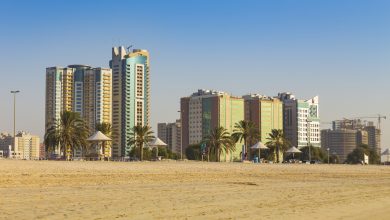After a month of fasting, it is important to have small, healthy meals and to avoid binge eating during Eid Al Fitr, says doctors and nutritionists.
DailyAsianAge.com explained what can happen if you eat too much after fasting for a period of time.
Effects if you binge/over-eat on Eid
Overeating soon after such a prolong period of fasting is dangerous. Feasting, indulging will have consequences for your health and will lead to problems in the gastrointestinal tract and a rapid weight gain for some people. Some people who rush through their meal will experience wind, stomach distension and abdominal pains.
Peter Cooper writes in his book Overcoming Bulimia Nervosa and Binge-Eating: “Binge usually produces a sense of fullness and bloatedness, sometimes this is so extreme as to cause profound abdominal discomfort, and, occasionally acute pain in the abdomen.
“The fullness frequently leads to breathlessness caused by the distended stomach pressing up against the diaphragm and thereby interfering with breathing. In rare cases, the stomach wall can be damaged and even tear.”
Psychological implications
People who’ve binged/overeaten will experience a wide range of depressive symptoms, such as feelings of guilt, worthlessness, lack of energy, depression, an upset stomach, irritability and poor concentration.
All this stems from feelings of failure surrounding their lack of control over their eating. It’s well documented that binge eating leads to anger. In the aftermath of binge, many who suffer from disordered eating take laxatives as a mean of self-punishment, some embark on so-called other aesthetic diets and some will use extreme measures to over compensate for binge eating.






